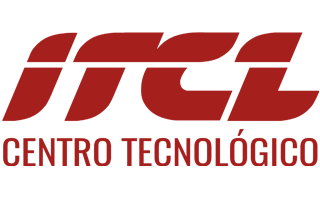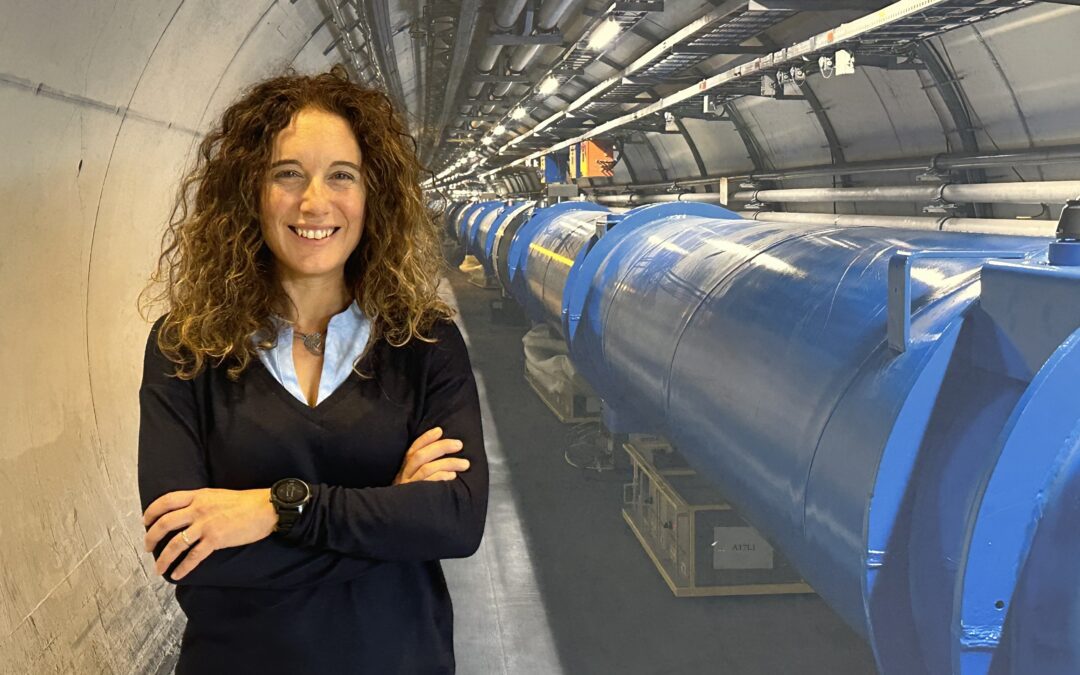Talking about quantum computing at the European level is talking about CERN European Organization for Nuclear Research. From her laboratories, Sofía Vallecorsa has been working for years on the analysis and potential of quantum computing. From the Franco-Swiss border, Vallecorsa leads the study of the Quantum Technology Initiative, dedicated to investigating the impact of quantum technologies (computing, detection and communication) in the field of High Energy Physics.
What challenges does quantum technology face in Europe and what is being done currently?
Expectations on the role that Quantum Computing (and more in general Quantum Technologies) can play in the near future are high. A complete paradigm change might be about to happen in different areas of science and society. At the same time, it is important to be able to go beyond the hype and realise that quantum technologies are not a solution to all problems. The scope for their applicability needs to be realistically evaluated. This is far from being a simple task and it is important for researchers in both academia and industry to have access to resources that allow them to study the impact of the near term technology, today, but also over a longer time scale, when larger, more stable hardware will be available. A timely preparation is necessary in order to assure that the full potential of quantum technologies can be exploited.
What is your work at CERN like in this matter?
CERN has launched in 2020 the Quantum Technology Initiative, dedicated to investigating the impact of quantum technologies (computing, sensing and communication) in the field of High Energy Physics. In particular I am coordinator of the Quantum Computing area and I am responsible for research project CERN developing new quantum algorithms or optimising existing algorithms for specific application at collider experiments.
Do you think quantum computing is still unknown? How do you see Spain in its development?
I think that the full potential of quantum computing is still unknown and that the technology will continue to evolve rapidly in the coming years both in terms of hardware and in the capability of algorithms. We already know that certain classes of problems are likely to see a quantum advantage (for example combinatorial optimisation problems or quantum simulations) however the full extend of this advantage, the requirements and the practical implementations are still under study.
And how do you think it will develop in companies?
The role of the private sector in the filed of quantum computing is relevant today. Besides quantum technology leaders such as IBM, Google or IonQ, a whole ecosystem of companies interested in or “doing” quantum is increasing. On the one hand, we see more and more potential users investigate how to use quantum algorithm in their workflows (companies in the finance sector, energy, healthcare, etc..) . On the other hand, companies and startups are multiplying to provide different levels of “quantum related service” from resource brokering, to quantum software stack management to quantum hardware characterisation.
The presence of such lively environment and its interaction with academia is very beneficial to the field. It helps advance the technology while providing realistic tools and frameworks for problems formulation, tests, and algorithms development.
What do you think of León’s day? What will he talk about in it?
I think it is a great initiative and I am honoured to have received this invitation.
It brings together experts discussing all the different aspects (from quantum hardware to classical simulators, to software technologies) that come together to make research in quantum computing possible.
I will describe the Quantum Technology Initiative at CERN, explain how our community is evaluating the introduction of quantum Technology in the field of High Energy Physics and give some example of initial successful quantum computing applications.
‘Quantum on the road’
Experts in quantum computing from all over the country and from other European points will meet on November 28 in León during the ‘Quantum on the road’ forum, which seeks to focus on what some call “the holy grail of computing”.
The Degree Classroom of the Faculty of Philosophy and Letters, on the Vegazana Campus, will be the scene of a conference organized by ITCL Technological Center, in which various experts will be able to give a scientific vision on the state of the challenges and opportunities of quantum computing, offer a vision of types of applications and an approach to its future.
Sign up: https://itcl.es/foro-nacional-computacion-cuantica-on-the-road/


